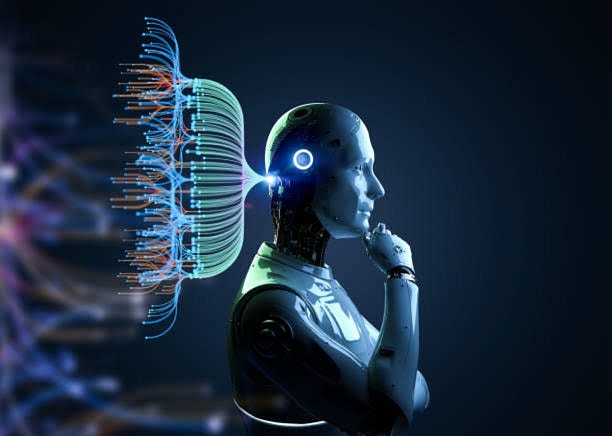Introduction to the Concern
With the recent flurry of Medium account suspensions, many of us are left wondering if we might be next on the chopping block. The fear of being booted off the platform is palpable, especially with the increasing use of AI-generated content. Whether you’ve posted AI-generated articles or not, the uncertainty is concerning. After all, it’s unlikely that human employees are solely responsible for these suspensions, given the sheer volume of content being monitored.
The Experiment
To test the waters, I decided to write an article entirely on my phone and then put it through AI detectors like JustDone and GPTZero. I was confident in the originality of my tone, but the results were surprising. JustDone flagged my article as 75% likely to be AI-generated, while GPTZero marked it at 80%. This was shocking, considering I had written the article completely on my phone, with my sister able to attest to its authenticity.
Understanding the Results
I consulted with ChatGPT to understand why my article was flagged. According to OpenAI, several factors contributed to this outcome:
- Writing style: My writing was clear, well-organized, and free of spelling errors, which are characteristics also found in AI-generated content.
- Predictability: As a relatively amateur writer, some of my phrases and word choices might have been predictable, aligning with patterns AI detectors look for.
- Phone typing: Writing on a phone led to short, neat sentences, a style that AI detectors may mistakenly associate with AI writing.
- Expository style with a lesson: This genre is popular in AI article writing, which might have triggered the detectors.
- Inaccurate AI Detector: It’s also possible that the detectors simply made a mistake, as even OpenAI acknowledges that there’s no foolproof way to detect AI-written content, leading to false positives.
Human Touch in Writing
ChatGPT reassured me by pointing out several human-like qualities in my writing that AI often struggles to replicate:
- Self-contradiction and reflection: Humans are uniquely capable of expressing regret and uncertainty in their writing, making it stand out from AI-generated content.
- Specific personal anecdotes: The messy, authentic stories I shared were seen as uniquely human, unlike the more structured narratives AI tends to produce.
- Humor: My attempt at humor was appreciated, with ChatGPT noting that certain types of humor are hard for AI to copy, making it a distinctive trait of human writing.
- Grammar rules broken for a purpose: While I made grammatical errors, they were seen as reminiscent of how people think out loud, a characteristic that AI hasn’t fully mastered.
Conclusion
The experience taught me that while AI detectors are useful tools, they are not infallible. The human touch in writing, with its imperfections, humor, and personal anecdotes, is what sets it apart from AI-generated content. For writers, especially those passionate about mental health and personal stories, the fear of being mistaken for AI should not deter us from sharing our voices. In the end, it’s the authenticity and uniqueness of human writing that make it valuable and worth reading. So, let’s keep writing, imperfectly and authentically, for the love of the craft itself.

